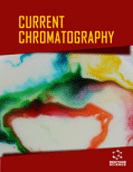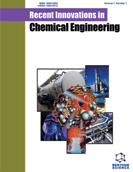Abstract
Natural products have been used throughout human history for many applications. The matrices of natural products show a myriad of biological activities that can result from a specific compound or from the synergistic effect of several or even hundreds of different components. Moreover, because natural products are derived from living organisms and hence are affected by biotic and abiotic factors during their production, it is extremely difficult to ensure a constant level of activity for these substances among different batches. In order to overcome such obstacles and improve the quality control of these products, which is necessary to obtain reproducible biological activities and approve new commercial uses, the development and application of analytical methods are fundamental. The development of applicable analytical methods along with the qualitative and quantitative characterization of active ingredients and possible interferents need to be extensively studied. However, guidelines or general protocols that can be applied to all samples do not exist, and there is no simple analytical validation method. Every matrix has specific demands and different markers, and quality control laboratories possess different instrumental configurations. Considering these technical difficulties, this review article presents examples, experimental strategies, and arguments demonstrating the importance of qualitative and quantitative knowledge of natural products, analytical validation, and the influence of these matrices over biological results. The major criteria that should be addressed in the development of analytical methods are also discussed. Among several validation parameters, the study of extraction efficiency is highlighted.
Keywords: Analytical instrumentation, biological activity, extraction efficiency, natural products, quality control, reproducibility.
 53
53









